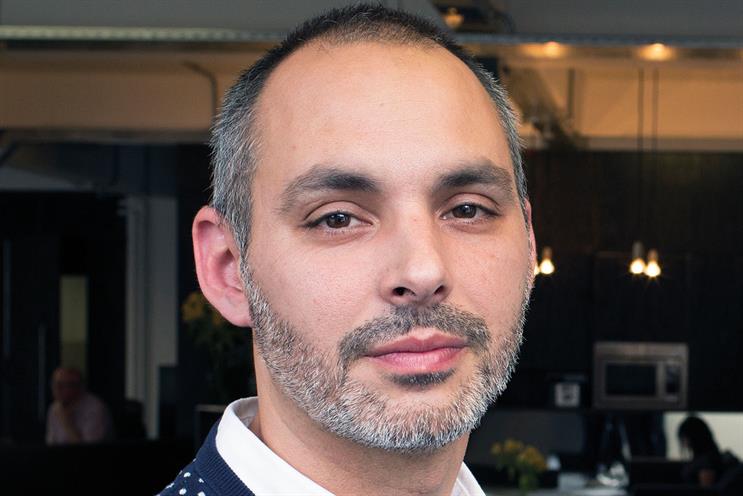In a flat global economy, conglomerates are auditing and acquiring rivals, scale-ups and start-ups to help generate growth – but they are not approaching mergers and acquisitions in the traditional way. Now we’re seeing a growing trend to carefully pick companies that have a set of core values focussed on more ethical business behaviours and that possess a brand "purpose" (a horribly over-used and over-hyped word but in this case, appropriate).
Unilever is active in this space. This week it was confirmed that it is buying Brazilian wholefood company Mãe Terra. This follows its investment into British brand Pukka Herbs, which sells 100% certified, organic and ethically sourced ingredients. Both of which join Seventh Generation, the natural homecare company, and Ben & Jerry’s at Unilever in a growing stable of companies that are B Corp certified.
For the uninitiated, this certification means an organisation has been put under scrutiny and rigorously assessed on their societal and environmental impact (full disclosure: 18 Feet & Rising is B Corp certified), with factors such as the work/life balance of the workforce to the receptivity of the board to the views of alternative stakeholders taken into consideration.
This new approach to acquisition is not restricted to Unilever. The Body Shop was recently acquired by Brazilian firm Natura Cosmeticos for €1bn, while ethical cleaning products Method and Ecover have been snapped up by SC Johnson. Procter & Gamble is also in on the act with the acquisition of supplements brand New Chapter. All these purchased companies are B Corps. Coincidence? Definitely not.
Closer to home, the acquisition of Karmarama by Accenture shows that the management consultancy wants its subsidiary Accenture Interactive to demonstrate more creative and start-up style chops within an otherwise rather mechanical operation. Karmarama is not a B Corp but executive chairman Jon Wilkins and his team have a similarly aligned worldview and bring unconventional thinking to bear on client problems.
New metrics of deal measurement are in play and organisations are making investments with one eye on consumer trends, one eye on innovation and talent, and both eyes on living out the tenets of their oft-stated corporate social responsibility pledges – in Unilever’s case its Sustainable Living Plan.
The rise in the value of "intangibles" in business, such as talent retention, values-based approaches and customer loyalty are now being recognised. Equally, consumers’ buying decisions are now being prompted by a greater awareness of the social and environmental impact of business activities: 71% want brands to be environmentally friendly and ethical and 61% want to connect with a cause or social issue (both stats from the World Economic Forum).
Equally, people want to work at businesses that hold values reflective of their own. The most important company assets are always its people and smaller companies with a strong culture have proven themselves agile, innovative and fast to market. These are the qualities that gradually ebb from multinationals as they try to keep the plate spinning. Buying a start-up/ scale-up is an investment in innovation and an outward-looking perspective.
The greatest challenge with M&A is that a takeover tends to squash the culture. The answer to keeping any acquired culture alive and a valuable contributor to the parent company is to create a "mission-lock" that allows the acquired business to preserve its core principles. In doing so, the host reaps the full benefit of the implanted culture. A culture that permeates through the entire parent organisation, retains and attracts talent, and super charges its innovation hubs.
At Unilever, there is an "external board" charged with overseeing Ben & Jerry’s culture and social mission and Seventh Generation is a "semi-independent entity of Unilever". Likewise, Karmarama has a "deal shepherd" to protect its culture within Accenture.
Certifications like B Corp can act as signals to those in corporates charged with identifying businesses worth investment and are also one way to achieve the mission-lock needed and to also signal to big corporations what small businesses are worth.
That the very concept of business value is changing. What’s to gain? Everything, including a continued existence in a world where so many traditional consumer models are failing. This new trend of M&A has the chance to do something very different from previous iterations – to scale and enable a more sustainable, higher margin set of cultures based on people and values.
Jonathan Trimble is chief executive of 18 Feet & Rising and Katie Hill is executive director at B Lab UK, the charity that supports UK-based B Corp certified companies.


